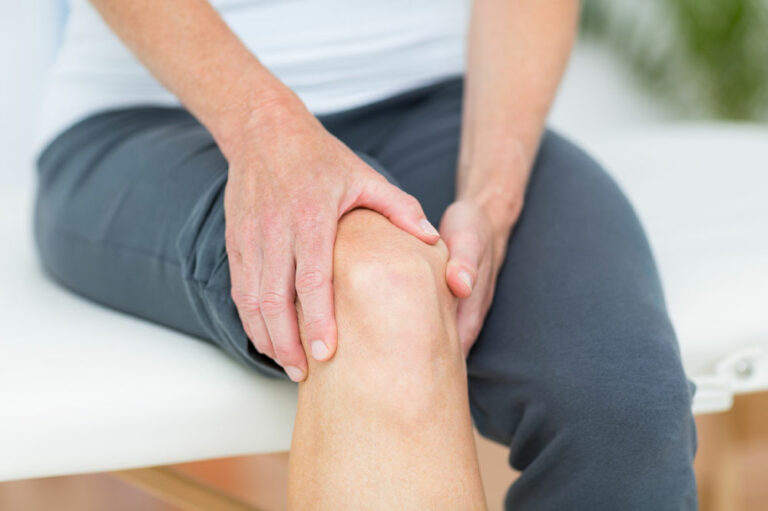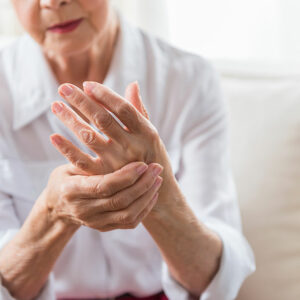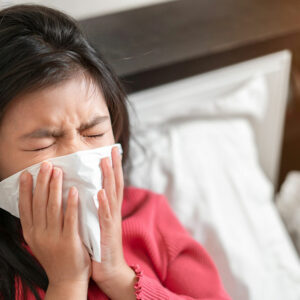
health
7 mistakes to avoid while bathing or showering
Bathing or showering is crucial for maintaining good health and hygiene, and the act is almost done on autopilot as adults. But, have you ever taken time out to wonder if you were doing it correctly? There are ways of making our showering routine more efficient, so we can save time, energy, and water. Here are some common mistakes people make when bathing and showering and how to avoid them. Bathing multiple times a day Washing your body too often removes healthy oils and bacteria from the skin, making it dry, itchy, or cracked. If you work out multiple times a day or spend long hours outside doing physical work, it may be necessary to shower twice daily to keep your body clean. If not, showering twice a day could waste time and precious resources such as water. Using the wrong soap Using antibacterial soaps can strip your skin of good and bad bacteria and make it more susceptible to infections. Using harsh soaps can also dry out your skin. Stick to mild soaps or gentle cleansers with added oils or moisturizing ingredients to keep your skin feeling soft and supple. If you have sensitive skin or conditions like eczema, it may be advisable to use a fragrance-free soap.
Read More 









